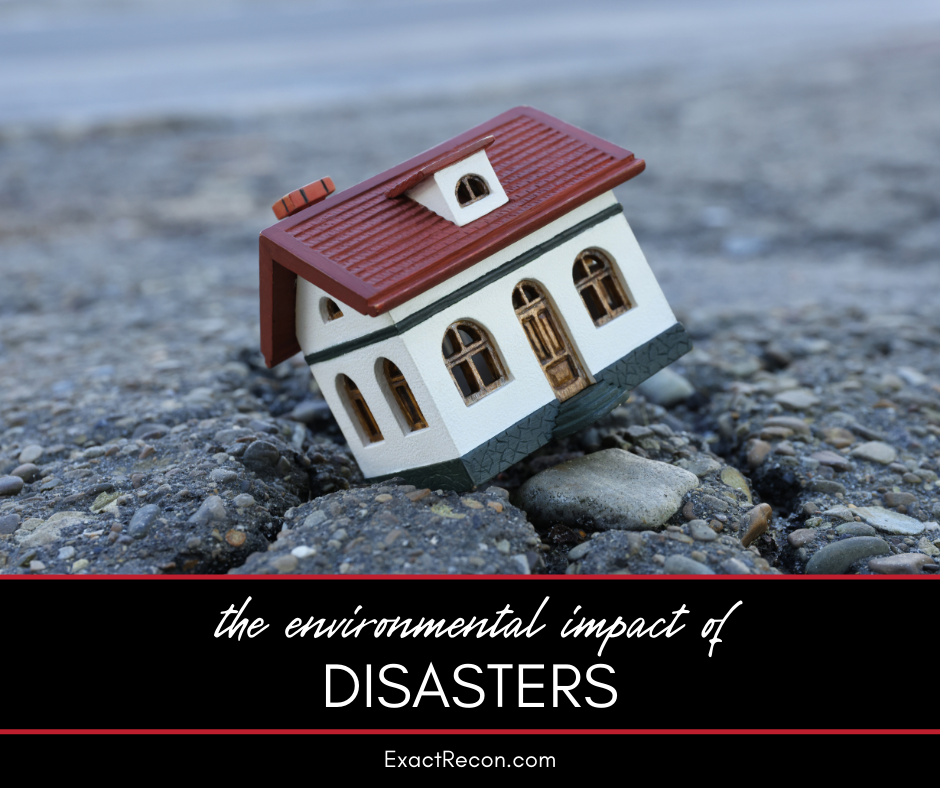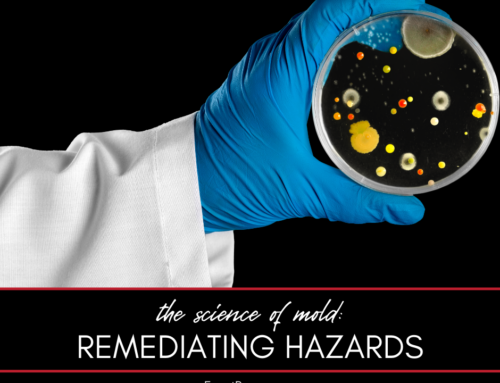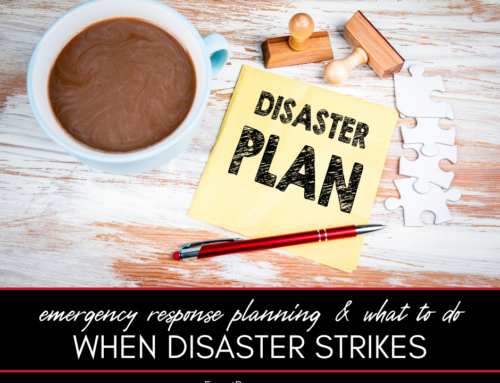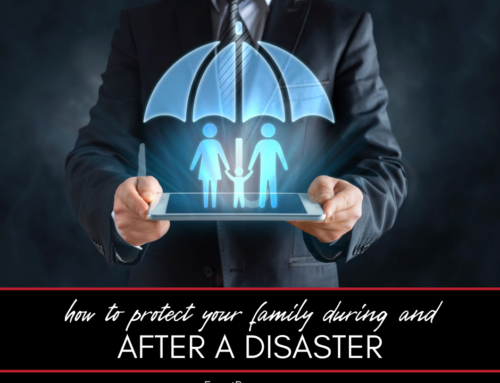Disasters, both natural and man-made, can have significant environmental impacts. Understanding these effects and the role of remediation in mitigating them is crucial for environmental recovery and protection.
The Environmental Impact of Disasters and How Remediation Helps
This guide explains the following:
- Types of environmental impacts from disasters
- Immediate environmental risks post-disaster
- Long-term environmental consequences
- The role of remediation in environmental recovery
- Best practices in environmental remediation
- The importance of eco-friendly remediation methods
Here’s a closer look at each.
Types of Environmental Impacts from Disasters
Disasters can lead to various environmental impacts, including water and soil contamination, air pollution, and destruction of natural habitats. Understanding these types of impacts is essential for effective remediation.
Related: Disaster remediation in Michigan
Immediate Environmental Risks Post-Disaster
Immediately after a disaster, risks such as chemical spills, sewage leaks, and the spread of hazardous materials can pose serious threats to the environment. Quick response is crucial to contain these risks.
Long-term Environmental Consequences
Long-term consequences of disasters may include ecosystem disruption, loss of biodiversity, and long-lasting pollution issues. Addressing these effects requires a comprehensive and sustained approach.
Related: 3 disasters that could hit your house when you’re out of town
The Role of Remediation in Environmental Recovery
Remediation plays a vital role in mitigating the environmental impact of disasters. It involves cleaning up contamination, restoring damaged ecosystems, and implementing measures to prevent future environmental damage.
Best Practices in Environmental Remediation
Best practices in remediation include using environmentally friendly methods, thorough assessment and planning, and employing techniques that restore the environment to its natural state as much as possible.
Related: How to prepare your home for Michigan’s extreme weather
The Importance of Eco-Friendly Remediation Methods
Eco-friendly remediation methods are crucial in ensuring that the cleanup process itself does not further harm the environment. This includes using sustainable materials, minimizing waste, and conserving natural resources.
FAQ About Environmental Impact of Disasters and Remediation
Check out these commonly asked questions about the environmental impact of disasters and the role of remediation. If you have more questions, please feel free to call us for help.
What Are the Most Common Environmental Impacts of Disasters?
Common impacts include water and soil contamination, air pollution, and the destruction of habitats and wildlife.
Related: Can insurance cover storm damage?
How Can Remediation Minimize Immediate Environmental Risks?
Remediation can quickly contain and clean up hazardous materials, preventing them from spreading and causing further environmental damage.
What Are the Long-term Goals of Environmental Remediation?
Long-term goals include restoring ecosystems, reversing biodiversity loss, and ensuring that environments are resilient to future disasters.
Why Are Eco-Friendly Remediation Techniques Important?
Eco-friendly techniques are important to prevent additional environmental damage during the cleanup process and to promote sustainability.
Can Remediation Fully Restore an Environment Post-Disaster?
While full restoration can be challenging, remediation efforts aim to bring the environment as close to its natural state as possible and enhance its resilience to future incidents.
Understanding the environmental impact of disasters and the role of remediation is crucial in mitigating these effects and protecting our ecosystems. Remediation not only addresses immediate contamination and damage but also plays a vital role in long-term environmental recovery and sustainability. By employing eco-friendly and effective remediation practices, we can work towards restoring the balance of our natural environments after a disaster.
Do You Need a Disaster Remediation Expert in Washtenaw County or Jackson County?
If your home has already been damaged, we can help. Check out our services and call 734-352-9183 for your free disaster remediation quote today. We offer:
- Water damage restoration
- Fire damage restoration
- Mold removal and remediation
- Fire and smoke restoration
- Sewer cleanup and disinfecting
- Reconstruction
- Wind and storm damage repair









